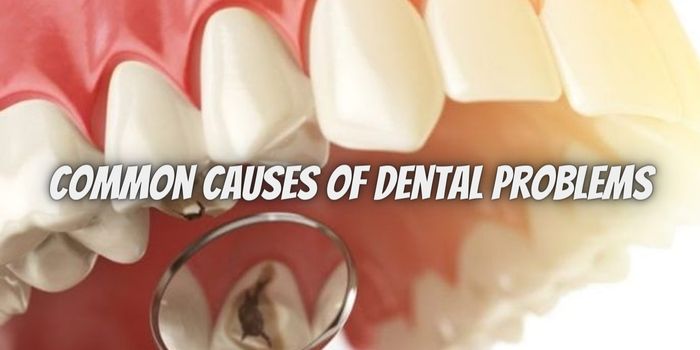Heart surgery of any kind is a serious operation with a longer recovery time. There are two types of Heart surgery, minimally invasive and standard open surgery.
In minimally invasive, the surgeon makes a minimal number of cuts during the operation to the side or front of the chest.
The minimally invasive method is safer than the other kind. Surgeons use tiny tools, cameras, and light to perform the surgery. So this allows them to safely operate without requiring a larger cut through the skin and muscles.
Some invasive surgeries are carried out by robotic technology that gives more precision and control over the surgery. Some of the top heart hospitals in Bangalore provide such high-end facilities.
In Traditional open Heart surgery, a larger cut is made and operated.
The cuts are made up to 8-10 inches long, which gives direct access to the surgeon. And this length depends on various reasons.
Open heart surgery is done for repairing or replacing heart valves, repairing damaged parts of the heart, implanting medical devices, or heart transplantation.
This typically involves more pain when compared to invasive surgery, and it also takes too long to recover.
In both the operations, during the recovery period, it’s normal to experience pain and discomfort along the side of the incision, and sometimes in the neck or lower back.
Recovery from Heart Surgery
The most significant part of heart surgery is not only pre-surgery operations but also post-surgery care.
Some patients feel different discomforts and pains when compared to other patients. It is not that every patient would go through the same effects during their recovery period. But some of the typical information that you should be aware of when recovering from surgery are,
Change in eating habits
You might lose your appetite and won’t feel like eating. This is common, but practising some tips would get your appetite back to normal.
You need proper nutrition to enhance the healing process and get healthy. So try eating a small meal frequently throughout the day. If you usually have three meals a day, during this period reduce the amount of food per meal but have 5 or 4 meals a day.
Reduce the amount of processed meat you intake since it has high salt content. Try having a diet that is rich in protein. Include fish, eggs, dairy, beans, etc.
Sleep Issue
You may experience insomnia for sometime after the heart surgery. This issue happened by a below of reasons :
- Effects of anesthesia.
- Discomfort during healing.
- Changes in routine.
- Stress from personal concerns.
This issue normally resolves in 2 weeks if you follow some simple activities.
As with your food habits, have a shorter period of rest cycle throughout the day. But make sure that you do not take a nap longer than 20mins.
While going to bed, arrange your pillows to maintain a comfortable position and reduce muscle strain. If you feel pain, have your prescribed pain medication before half an hour.
Listen to music or audio podcasts to maintain a calm mindset. If you are feeling anxious, talk with your partner, or family, or a trusted friend to keep yourself out of tension.
Take a relaxing shower before bedtime and follow a sleep routine. It is okay to sleep on your back, side, or stomach. It wouldn’t be an issue with the inclusion as long as it’s not painful.
Emotional healing
Recovering from heart surgery involves both physical and emotional healing.
Do not worry if you feel emotionally weak or upset during the weeks after the operation. Some patients report a lack of emotional energy up to 3 months of surgery.
You might experience mood swings, including depression, anger, anxiety, fear, and loneliness. You might also find yourself crying, apparently for no reason.
You would feel the lack of capability to concentrate and often get frustrated with things. It is normal to feel more emotional or sentimental.
Even though you experience so much, you could get rid of all these by following some simple steps such as getting dressed in your favourite clothes, getting an ample amount of rest, and resume with your hobbies and social activities you like.
Surgery related sensations
Feeling numbness, Itching, and even hypersensitivity around the incision area is common during the first few months after surgery.
During the operation, the nerves are severed, and since those regenerate now, it becomes hypersensitive and causes these sensations. So if you feel this sensation, it is due to the normal healing process.
Still, it is essential to note that not all the sensations that occur after surgery are normal. If you feel any exertion related to chest pain or pressure, it is better to consult your doctor.
It is recommended that you choose a hospital with better hospitality service. Consider choosing one from the top heart hospitals in Bangalore.



